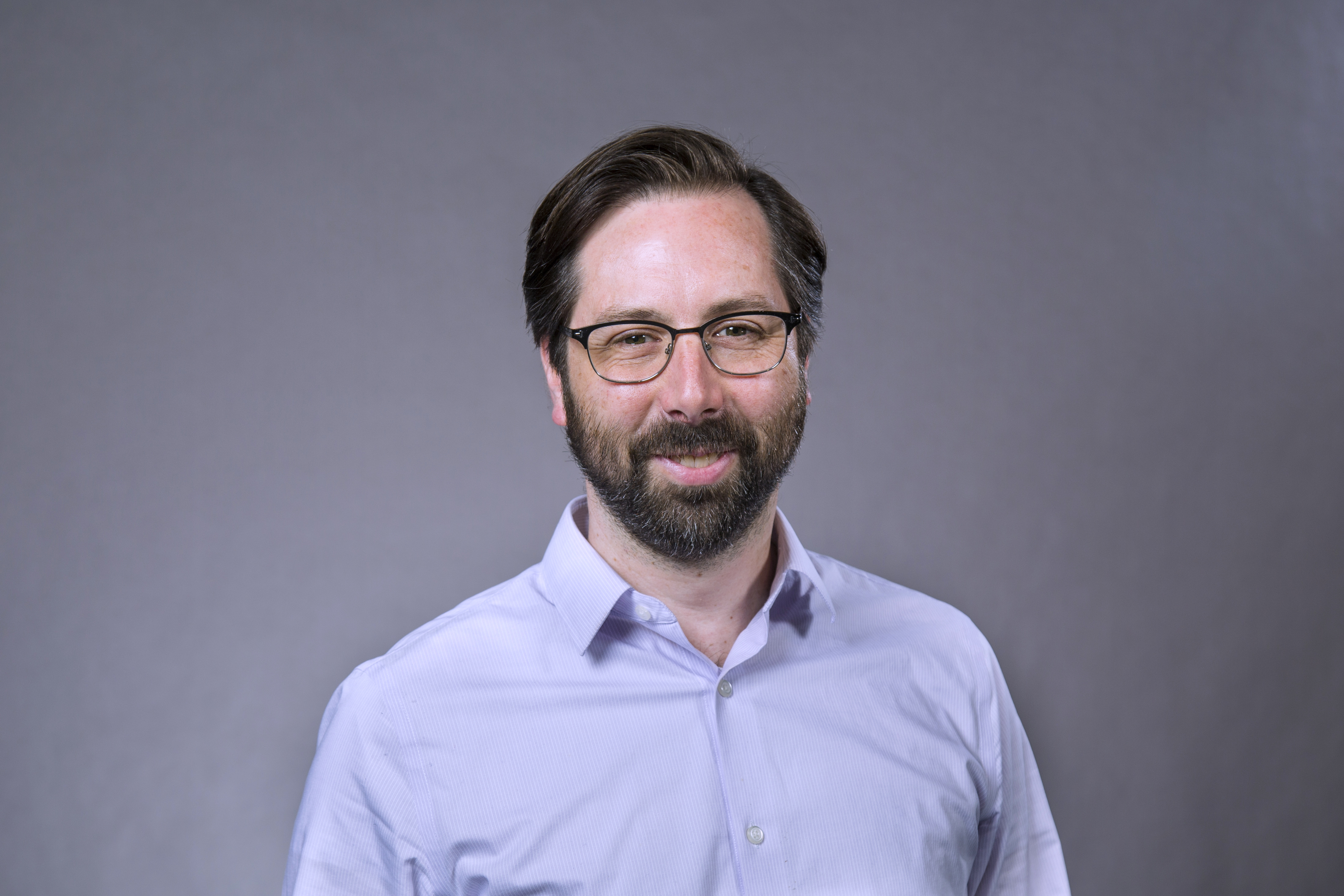Research#
Overview#
I am broadly interested in the behavior of the climate system at the global scale. Our group’s research is oriented toward fundamental questions such as:
What factors control the global mean temperature and its equator-to-pole gradient?
What determines the rate of global warming, land-ocean contrasts, and polar amplification?
Why has Earth’s climate been more variable during some periods of the deep geological past than others?
Is the climate unique, or does the Earth system possess multiple equilibria?
By studying the fundamental underlying rules governing the climate system, we build a deeper understanding of the past and future evolution of climate on Earth, and other planets as well.
Background#
Attempting to answer the above questions inevitably involves studying the often-surprising interactions among different components of the climate system: atmosphere, ocean, ice, etc. I have broad training in both atmospheric science and oceanography, and I am particularly interested in coupled atmosphere-ocean climate dynamics over long time scales. I also have special interests in polar climate, ocean-sea ice interaction, and radiative feedback processes. In recent years I have also become very passionate about open, reproducible science, and the crucial role of technology and software in that process. I encourage my students to pursue a broad graduate education that aligns with their own interests.
Philosophy, approach, and tools#
Our group’s work typically takes a building blocks approach, trying to build understanding of the complex climate system through judicious simplification. We explore ideas using hierarchies of idealized atmosphere-ocean models, ranging from simple mathematical descriptions to complex coupled numerical calculations.
Our day-to-day work rests upon these three pillars:
Curiosity: Science is ultimately about the fun of asking questions and seeking answers. Remembering to follow your curiosity is a serious business.
Rigor: We can’t answer questions without striving to answer question well! We aim to be careful, thoughtful, and quantitative in all our work, and communicate our results are clearly as possible.
Openness and reproducibility: Science is also fundamentally about communication. Given the central role of computation in our field, we have a special responsibility to guard against the proliferation of non-reproducible results. We embrace open science as a core value, and we put time and effort into developing tools that serve the scientific community.
Some specific tools we work with:
Numerical climate models such as the Community Earth System Model (CESM) and the MITgcm
climlab, a flexible Python-based toolkit for building model hierarchies (developed right here in our group but used worldwide!)
Atmospheric reanalysis data products such as the MERRA-2 from NASA.
Python and Jupyter notebooks for most of our day-to-day analysis work.
Good old-fashioned pencil and paper!
Current projects#
Some specific ongoing research interests and projects include:
Effects of ocean heat uptake, natural variability, and pattern effects on climate sensitivity and radiative feedback processes
Understanding the land-atmosphere processes controlling desert amplification
The observed vertical structure of heat fluxes into the Arctic and their role in polar amplification
Multiple equilibria in the coupled climate system
The dynamics of past warm climates and glacial-interglacial transitions
Oceanography of Snowball Earth
You can find all our group’s publications here on this site. You can also find Brian’s full CV on github
Collaborators#
Some of Brian’s collaborators and coauthors (past and present):
Kyle Armour (UW)
David Battisti (UW)
Michaela Biasutti (LDEO)
Cecilia Bitz (UW)
Tim Cronin (MIT)
Aiguo Dai (U. Albany DAES)
Aaron Donohoe (UW)
Nicole Feldl (UC Santa Cruz)
David Ferreira (U. Reading)
Matthew Henry (U. Exeter)
Paul Hoffman (Harvard, U.Vic.)
Yen-Ting Hwang (National Taiwan University)
Daniel Koll (Peking U.)
Andrea Lang (U. Albany DAES / U. Wisconsin-Madison)
Yuan-Jen Lin (Columbia U. / NASA GISS)
Elizabeth Maroon (U. Wisconsin-Madison)
John Marshall (MIT)
Tim Merlis (Princeton U.)
Maria Rugenstein (Colorado State U.)
Oliver Elison Timm (U. Albany DAES)
Hansi Singh (U. Victoria)
Aiko Voigt (U. Vienna)
Liming Zhou (U. Albany DAES)
